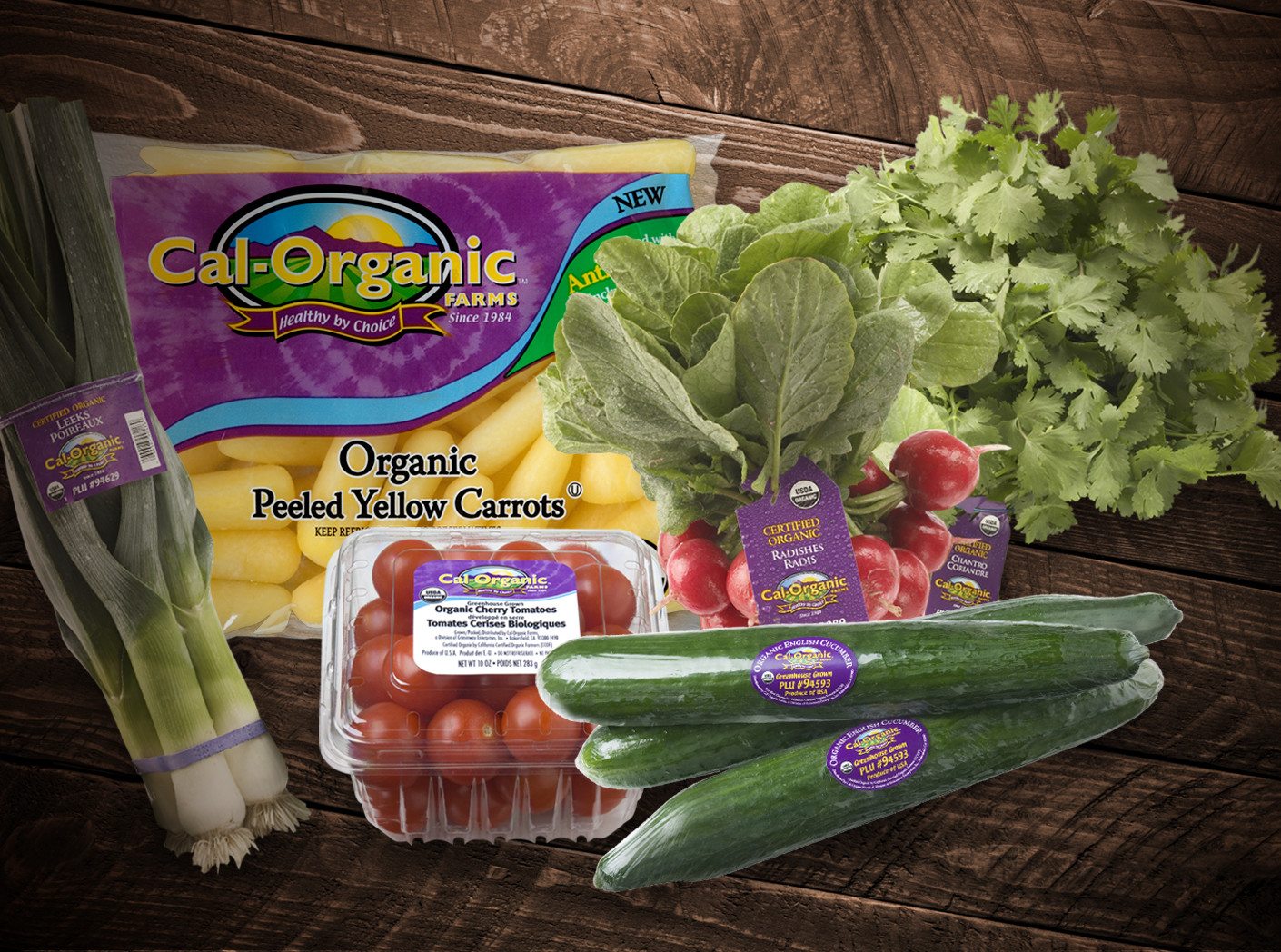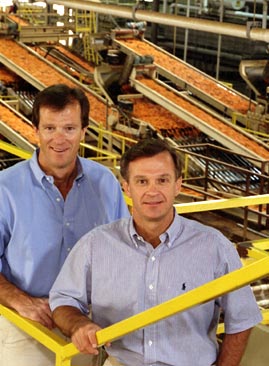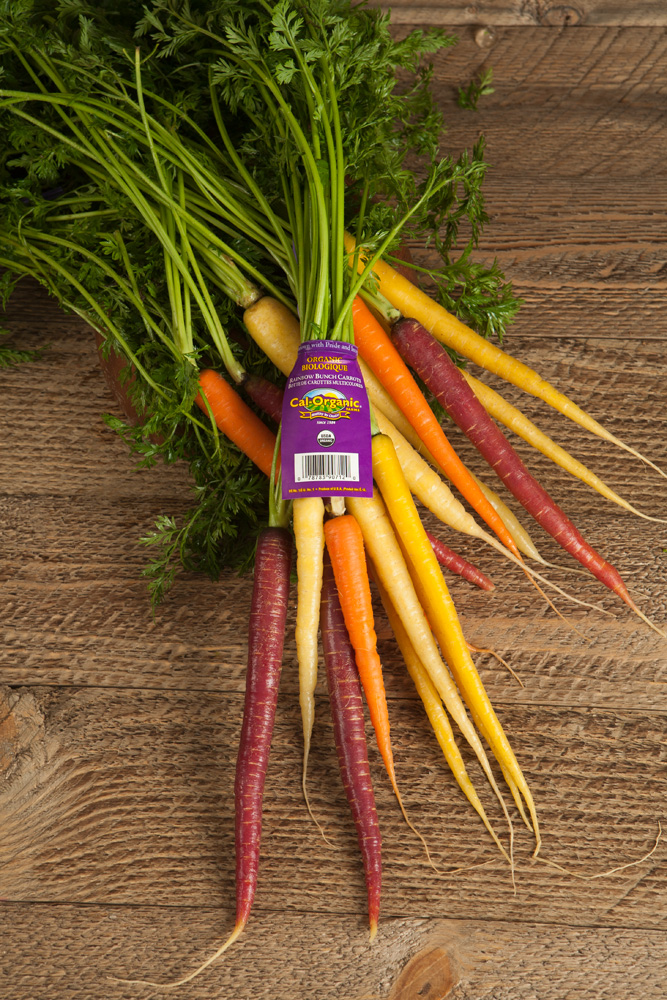It has been close to two decades since Grimmway Farms purchased its neighbor, Cal-Organic Farms, and became a significant player in the organic vegetable business. Many people believe that the company’s organic division is the largest organic growing operation in the country.
Brandon Grimm, general manager of the division, noted that Grimmway Farms bought Cal-Organic Farms in 2001 to create more rotational opportunities for its carrots, including its baby carrot program. “First and foremost,” he said, “Grimmway Farms is a carrot company.”

He said the company is a “significant grower” of organic vegetables and continues to grow that portion of the operation. In fact, the majority of the land owned by Grimmway has been converted to organic production. “Our organic program really helps us become a better partner with our customer base,” he said.
Brandon Grimm is the son of the late Robert Grimm, who began farming with his late brother Rod Grimm in the 1960s in Orange County, CA, with 1969 being the official start of their partnership. This year, Grimmway Farms is celebrating its 50th anniversary as a farming entity.

Rod and Bob Grimm
The two brothers began as sweet corn growers but did add carrots to their mix in the 1970s. It was in 1981 that the Grimm Brothers moved to Bakersfield and became major players in the carrot business. The company is known for developing the baby carrot business, which tripled U.S. per capita consumption of carrots in less than a decade. Grimmway Farms was also a leader in the conversion to organic carrots.
Grimm explained that as the sales of organic fresh fruits and vegetables have risen, Grimmway Farms has been able to offer more SKUs to its customers. “We see continued growth in that sector,” he said. “The growth trajectory has been very good, and we expect it to continue especially as more and more mainline retailers expand their own organic departments.”

While there is still plenty of opportunities to convert conventional land to organic production in California, Grimm said the company has also looked outside the California borders for other opportunities. In fact, the company has established farming operation in both the Northwest and the Southeast. Though most of the company’s organic ground is in California, Grimm said that production technique is also being utilized in those other two regions.
Not surprisingly, he said some challenging factors make it more difficult to be profitable in California. He listed the big four – lack of water availability, lack of labor, the rising cost of labor, and the political and regulatory environment in the state that tends to inundate growers with costly regulations. “We have been forced to look elsewhere,” he said.






